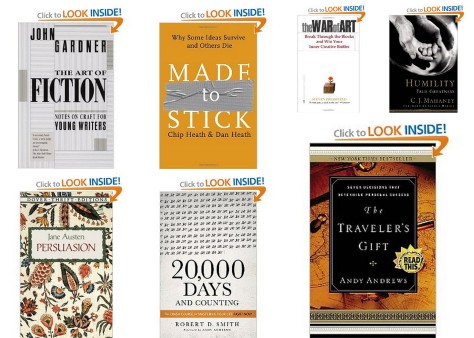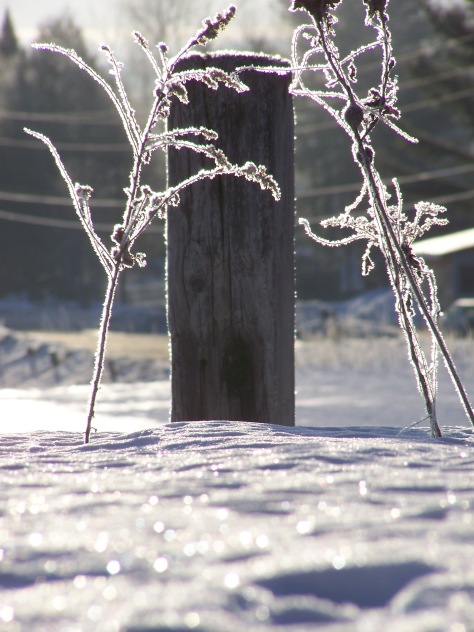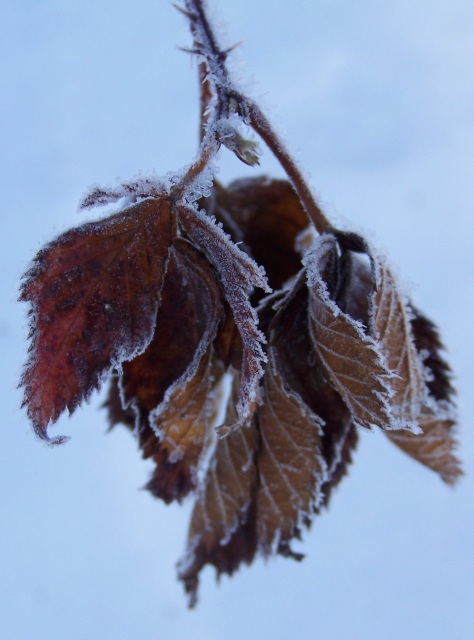I thought it would be fun to share some of the books I’m planning on reading this year. In my blog reading I came across several books that sounded interesting, so I decided to compile a list of the ones I wanted to read. I’ve been getting what I can from the library, and I’m going to make use of an Amazon gift card that I got for my birthday for the rest. This is the first time I have ever made a reading list and it’s been fun! I’m enjoying broadening my reading horizons. I’ve included links to the books on Amazon if you’re interested in finding out more about them. I didn’t comment on the last three because I haven’t read them yet. 🙂
1. The Art of Fiction: Notes on Craft for Young Writers by John Gardner – I got this from the library at the beginning of January. To be honest, some of it was hard for me to understand, but I did glean some helpful information from it. It’s probably a book I would invest in once I seriously got into fiction.
2. The Traveler’s Gift: Seven Decisions for Personal Success by Andy Andrews – I read this one during the second half of January. I enjoyed it and took away some good points from it, but in trying to look at success from a Biblical worldview, didn’t necessarily agree with a few of the seven decisions or the reasoning behind them. I still consider it a good read, though, and enjoyed the exercise of figuring out what exactly it was that I didn’t agree with and how I felt it should have been approached.
3. Persuasion by Jane Austen – This wasn’t one I had specifically planned on reading, but in my campaign to finish the things I start this year, I remembered that I had started it a while ago and so decided to pick it back up, and I got hooked on it! This was the most eager I’d ever been to finish a classic, and I thoroughly enjoyed it.
4. Made to Stick: Why Some Ideas Survive and Others Die by Chip and Dan Heath – I have this book in progress at the moment from the library. So far, it’s very good and one that I’ll probably want to own at some point. The tips in it are extremely useful for teachers, businesses, writers, speakers – anyone who needs to communicate ideas to people in a memorable way.
5. Humility: True Greatness by C. J. Mahaney
6. 20,000 Days and Counting by Robert D. Smith
7. The War of Art: Break Through the Blocks and Win Your Inner Creative Battles by Stephen Pressfield
What about you? What are you hoping to read this year? Have you read any good books lately? Please share about them in the comments – I’d love to hear about them!













